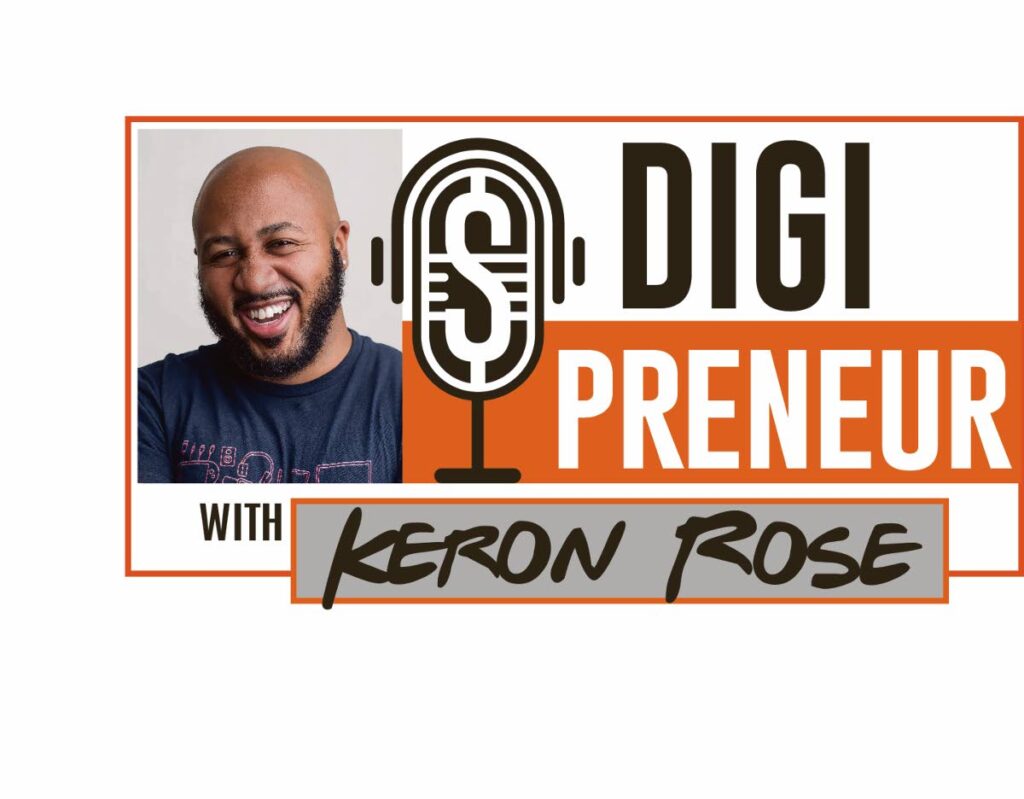Sudden rise of false coaches, faux experts

The digital age has given rise to many new industries, skillsets, and platforms for people to get their message out and when used correctly, this has been powerful in helping to grow the wider population.
When you think about how we can learn and tap into the world of knowledge through our phones to learn and find out about anything, it is truly amazing. We can jump on Google, read articles, watch tutorials on YouTube, listen to podcasts and learn and then follow and consume the content from the experts on social media so that we can dive deeper into a topic or industry.
Whilst this has been one of the greatest things that have happened for us, there has been a major rise in false coaches and faux experts over the years because they have access to the same information and have repackaged it for resale.
The major problem with that is so much of the content and information we consume comes from the lived experiences of the actual experts and their information can show the nuances of the topics they are breaking down.
Now with everybody able to use tools like Canva, create a brand online, and repackage the information they are finding online to resell it, as if the information is coming from their experiences, it is the people who don’t know better and spending their money on the faux experts who are losing out big because they are simply regurgitating information that they find online.
Think about how many new coaches we have seen popping up overnight. Coaches teaching you in business, marketing, finance, life, mindset, success and so many more titles continue to pop up.
It is now more important than ever for you to learn how to tell the difference between a good and bad coach because you stand to lose a lot of money, time invested and in some cases, it can affect your mental health.
Imagine these scenarios that are currently happening. You start your business and decide to hire a business coach to help you put all the infrastructure in place for your business. Yet, that business coach has never actually had a business other than their business of coaching people about building a business. You cannot be a business coach who has never built a business before.
We are seeing life coaches popping up everywhere and the age of some of these life coaches raises eyebrows when you realise they are in their 20s and early 30s. I’m not sure what type of life experience you have at these early ages for you to try and turn this into a business and teach those how to live a better life.
Now we have mindset coaches. I was speaking with a group of therapists and they said one of the biggest challenges we face in the Caribbean is that mindset coaches are all trying to provide therapy services but are not governed by any of the rules and regulations of therapists. Most of them haven’t gone to school for any degree in the space, and those who have might own a first degree in psychology but that doesn’t qualify you to be providing any form of therapy or mental health services. Mindset coaches have no qualifications to teach what they do, nor is there any overarching body to regulate them like the rest of the actual mental health care fraternity. You don’t need a mindset coach, what you need is a therapist!
Let me give you five ways to help you spot a bad coach or faux expert.
1. Ask for their body of work. What does their body of work or portfolio look like? Have they helped achieve results consistently for others and built a track record of success? Look past all the fluffy testimonials they post on social media, you need to know if they can get the job done.
2. Do they have some new programme or new promotion every single week or month? The coaches and faux experts who continuously do this are usually the ones struggling and trying to play a numbers game. Trying to catch any and everybody they can into their coaching programmes, so that they can pay their bills at your expense.
3. Is the coach full-time in their business?
Many business coaches are trying to teach about building a business but they have full-time jobs and their coaching business is a side hustle. If the coach isn’t relying on the money from their business to live and eat, chances are they can't help you do the same.
4. Do they practise what they preach? Since many of the coaches/experts are regurgitating and re-packaging info they find online, many of them cannot practice what they preach because it requires work and forces them to get results. Be observant.
5. Are they teaching something tangible or just inspiring you? This one is big because much of the content they post online, and the conversations they engage with you on are heavy on inspiration. They have the gift of gab. They inspire you to take action, you pay them their coaching fees and then you realise they can coach or help you achieve any of the results you thought you were going to get.
You need to be vigilant! The message might be great but the messenger is the problem today! Now the rise of AI tools like Chat GPT, it's given another powerful way for the false coaches and faux experts to repackage information without doing any of the work, they aren’t getting any results but they are busy selling themselves, taking your money and leaving you to continue to struggle.
Keron Rose is a digital strategist who works with Caribbean entrepreneurs to build their digital presence and monetise their platforms. Learn more at KeronRose.com or listen to the Digipreneur FM podcast on Apple Podcasts/Spotify/Google Podcasts.

Comments
"Sudden rise of false coaches, faux experts"